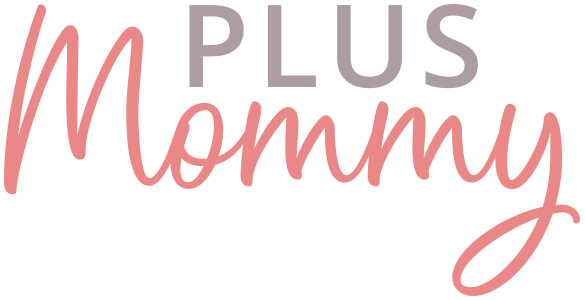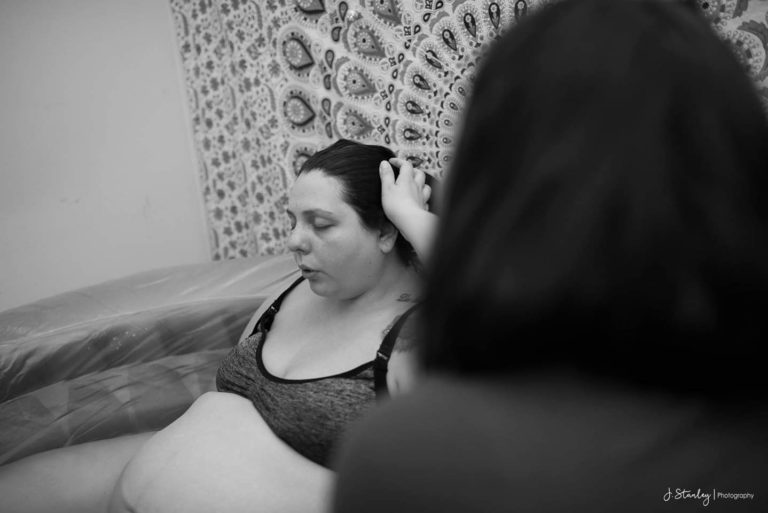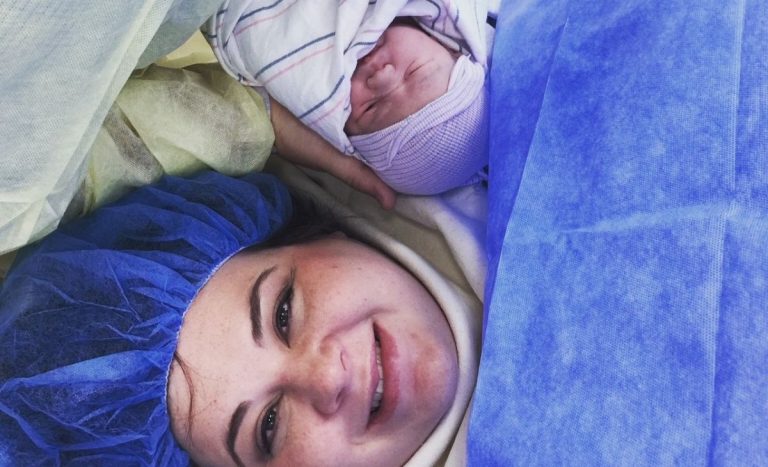Practical Postpartum Tips: From Bowel Movements to Boundaries
Let’s jump straight into the nitty-gritty of postpartum tips, covering things many people want to know but might be afraid to ask.
Shari Stamps, a postpartum educator, doula, certified breastfeeding specialist, and cranial sacral therapist, shares essential tips for navigating the postpartum period.
Shari will teach you how to nurture your body, seek professional support, and maintain healthy relationships during this transformative time.

Planning for Postpartum
Postpartum planning for plus size families is critical for helping with a smooth transition into parenthood, yet it often gets overshadowed by the excitement of birth preparation.
Shari emphasizes the importance of this planning, with key postpartum tips including organizing a support system that encompasses healthcare professionals like lactation consultants, mental health providers, and postpartum doulas.
Practical preparations such as meal planning with warm, soft foods that aid digestion and setting up comfort tools like a bidet and peri bottle are also vital (especially for that first bowl movement).
Shari’s insights highlight how thoughtful postpartum planning can alleviate stress, promote healing, and provide new parents with the necessary resources to focus on nurturing their baby and themselves.
Nourishing the Postpartum Body
Shari explains the need for nutrient-rich foods to replenish the body after birth.
Warm, Soft Foods: Foods like congee and soups are easy to digest and provide essential nutrients.
Shari recommended the Ayurvedic diet and Chinese medicinal foods, which help keep the body warm and aid in digestion.
These foods are particularly beneficial for ensuring a gentle and healthy first bowel movement after birth, which can be a daunting experience for new mothers.
Meal Planning: Having meals prepared ahead of time can alleviate stress and ensure proper nutrition. Organize a pantry party or ask friends and family to contribute meals.
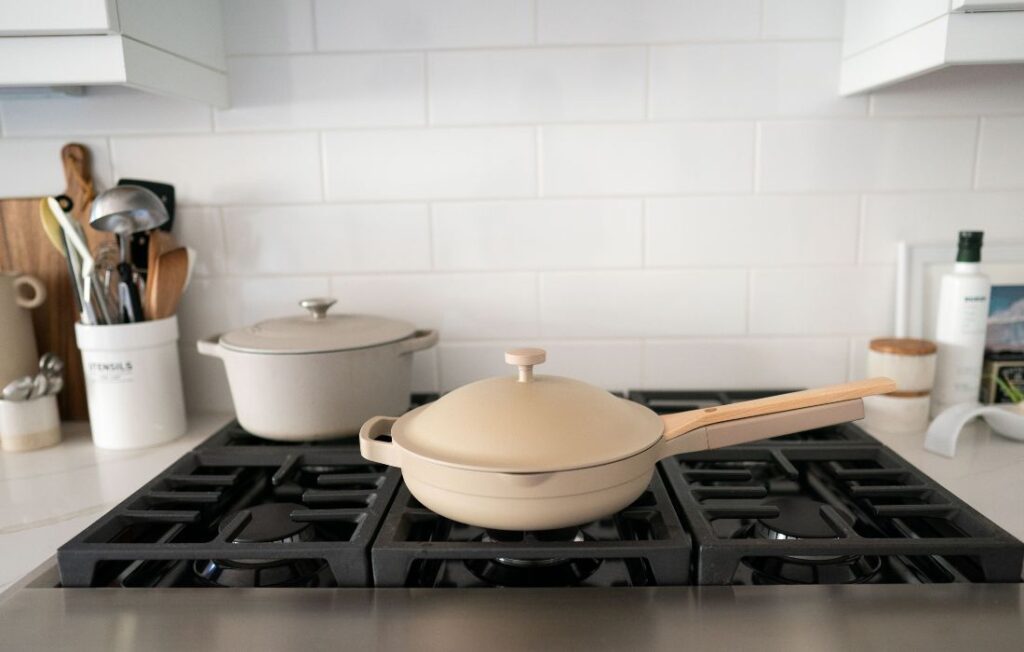
Postpartum Tips for Comfort
Shari provided several practical tips to enhance comfort during the postpartum period.
Bidet and Peri Bottle: Using a bidet can significantly improve comfort and hygiene during postpartum recovery.
Shari also recommended having a peri bottle to clean gently after using the bathroom, which can be soothing and help reduce discomfort.
Along with stool softeners and warm, nourishing food, these tools can make the first few bowel movements after birth less daunting and more comfortable.
Padsicles: A padsicle is a menstrual pad infused with soothing ingredients, such as sitz bath tea, and then frozen. It provides cooling relief and reduces inflammation.
Padsicles are beneficial for both vaginal and cesarean births to help soothe the perineal area or the c-section scar, making bathroom trips more comfortable.
Craniosacral Therapy: Shari introduced craniosacral therapy (CST), a modality she has been training in for several years.
CST works with the fascia, the connective tissue surrounding muscles and bones, to release tension and promote healing.
CST can address issues like torticollis, reflux, and oral ties in infants, as well as support postpartum mothers. Releasing stored trauma and tension can lead to improved physical and emotional well-being.
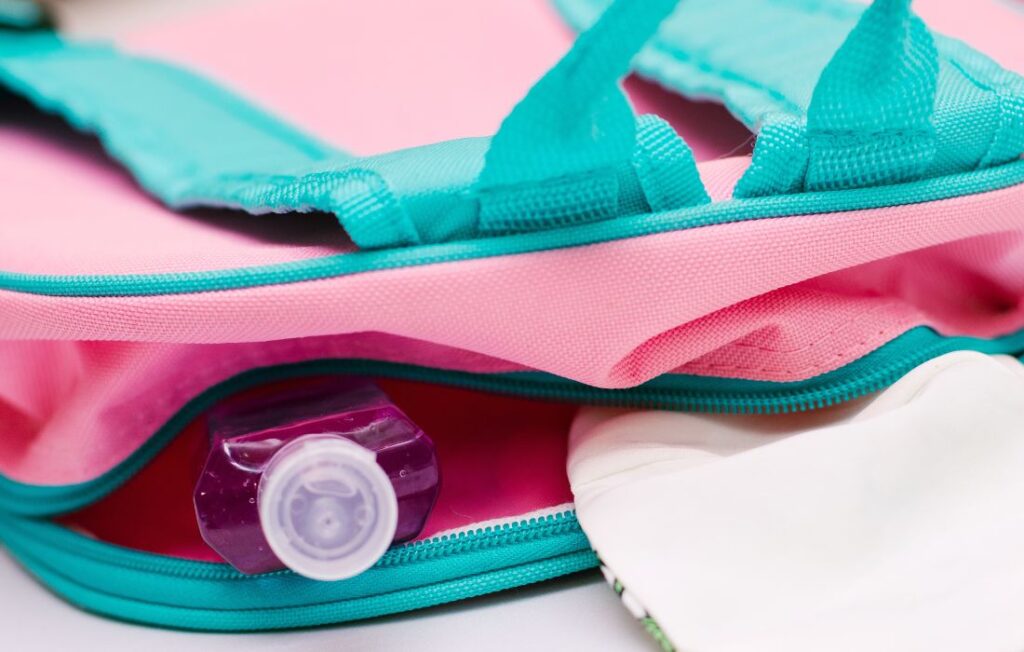
Building a Supportive Postpartum Care Team
Shari emphasized the importance of creating a comprehensive postpartum care team during pregnancy, which should include mental health providers, lactation consultants, pediatric dentists, and postpartum doulas.
Mental Health Providers: Regular check-ins with a mental health professional can help manage postpartum depression and anxiety.
Lactation Consultants: Early support from a lactation consultant can address breastfeeding challenges and improve outcomes.
Pediatric Dentists: Early evaluation can identify and address oral ties and other issues affecting feeding.
Postpartum Doulas: A postpartum doula can assist with various tasks, provide emotional support, and help parents navigate the early days with a newborn.
One of the key takeaways from our conversation was the importance of seeking professional support early on.
While services like lactation consultations might seem expensive, they can save parents significant time, money, and stress in the long run. Shari encouraged parents to reach out for help and utilize available resources.
Setting Boundaries and Maintaining Relationships
Shari also discussed the importance of setting boundaries with friends and family and maintaining open communication with partners.
She advised parents to check in regularly with each other, reassessing their needs and expectations as they navigate the challenges of parenthood.

Shari’s wealth of knowledge and compassionate approach to postpartum care make her an invaluable resource for new parents. Learn more during this informative podcast episode!
Recording & Show Notes: Plus Mommy Podcast Episode 220
Transcript happily provided upon request.
Resources Mentioned On The Show
- Connect with Shari Stamps via her website, Navigating Parenthood, and on Instagram.
- Size-Friendly Birth, size-inclusivity training for birth workers.

Shari Stamps is a neurodivergent mom of six and founder of Navigating Parenthood where she offers content, courses, consults, and virtual services to families worldwide, as well as in-person services to families local to Central Valley California. She calls herself a Mom & Baby Specialist because she combines her years of training and certifications to help expecting & postpartum families from a whole health, whole heart functional practice perspective.
